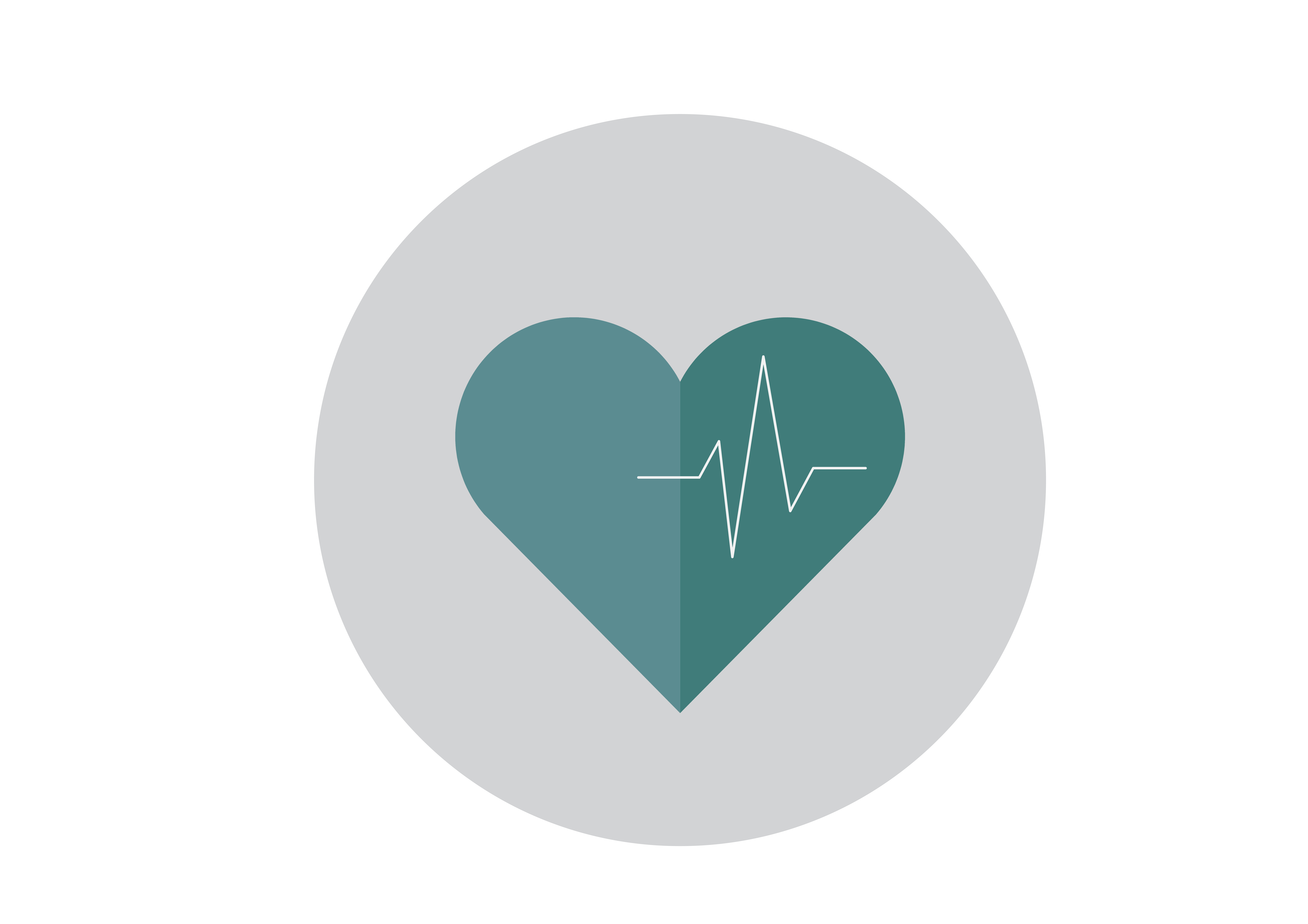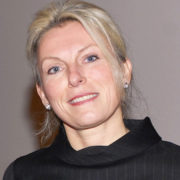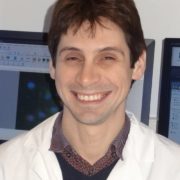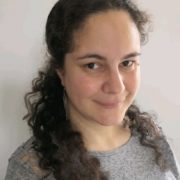Science Philanthropy / Institut Gustave Roussy (IGR)
Impact of nutrients on cancer immunotherapy
Background
Even though more and more correlative data from clinics suggests that the gut microbiome regulates the efficacy and side-effects of cancer chemotherapy and immunotherapy, the exact underlying mechanisms are currently unknown.
A better understanding of the molecular pathways involved in the nutrition/microbiome/metabolite/immunity axis will be needed in order to develop rational clinical interventions. Hypothesis-driven research in pre-clinical cancer models may allow one to decipher some of the involved mechanisms.
One such hypothesis comes from the field of autophagy, a core process of cell metabolism responsible for the recycling of unneeded or damaged intracellular material. Evidence suggests that autophagy is essential for proper immune cell function and stimulating autophagy has been shown to enhance cancer therapies by inducing better anti-tumor immunity.
Interestingly, different nutrients including Spermidine, a so-called Caloric Restriction Mimetics (CRMs), have been shown to induce autophagy, thereby altering cellular function.
Another hypothesis is that the gut microbiome converts nutrients such as fibers and polyphenols to metabolites that then bind to receptors on host immune cells, thereby modulating their function.

Goals
Seerave Foundation is supporting pre-clinical research in the labs of Prof. Laurence Zitvogel and Prof. Guido Kroemer at the Institut Gustave Roussy (IGR) in Paris, France, aiming at
- identifying the molecular mechanism of action of how nutrients can affect local and systemic cancer immunity,
- and establishing biomarkers that will allow one to quantify the effects of nutritional interventions on the microbiome/metabolite/immunity axis.
Team
Zitvogel and Kroemer Lab

Laurence Zitvogel
Principal Investigator

Guido Kroemer
Principal Investigator

Jonathan Pol
Alumni

Maryam Tidjani-Alou
Alumni

Gladys Ferrere
Alumni